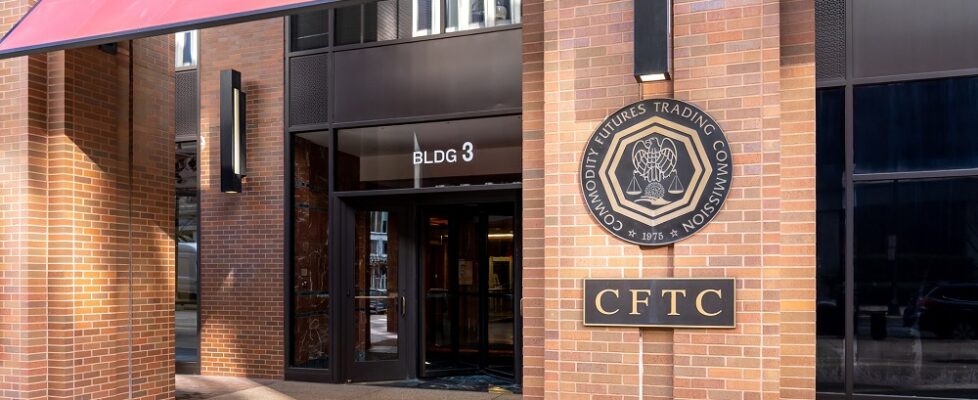CFTC secures entry of default against head of $14.5M Forex Ponzi scheme
The United States Commodity Futures Trading Commission (CFTC) has marked progress in its action against the entities and individuals involved in a $14.5 million binary options and retail Forex Ponzi scheme.
This is indicated by a set of documents filed at the California Eastern District Court and seen by FX News Group.
The documents show that the Court has granted a CFTC request for a clerk’s entry of default against John D. Black, founder and control person of Financial Tree (d/b/a Financial Tree Trust), Financial Solution Group (d/b/a Financial Solution Group Trust), and New Money Advisors, LLC.
The CFTC explains that, despite previously claiming a desire to aggressively participate in this litigation, Black did not timely answer or otherwise respond to the complaint.
Let’s recall that, in July 2020, the CFTC filed a civil enforcement action against Black, his affiliated entities and his associates Christopher Mancuso and Joseph Tufo. The complaint also charges Colorado-based defendants John P. Glenn and his law firm, The Law Firm of John Glenn, P.C. In addition, the complaint names seven relief defendants who received funds from the scheme to which they have no lawful entitlement.
According to the complaint, the defendants misappropriated over $11 million to make payments to certain pool participants in a style consistent with a Ponzi scheme, and for personal use, such as personal travel, home renovations, limousine expenses, spa and haircare expenses, online gambling, and expenses relating to divorce and spousal support.
The complaint alleges that the defendants fraudulently solicited more than $14.5 million from at least 91 members of the public—including more than 50 U.S. residents—for pooled investments in binary options and Forex, misappropriating the vast majority of those funds. The defendants have sought to conceal their fraud by issuing false account statements to the pool participants and making phony excuses to them for their failure to return funds and deliver promised profits.
In its continuing litigation against the defendants, the regulator seeks disgorgement of ill-gotten gains, civil monetary penalties, restitution, permanent registration and trading bans, and a permanent injunction against further violations of the Commodity Exchange Act and CFTC regulations.
Let’s note that the clerk’s entry of default is typically followed by a default judgment that is set to stipulate the penalties on the defendants, including fines and restitution.





